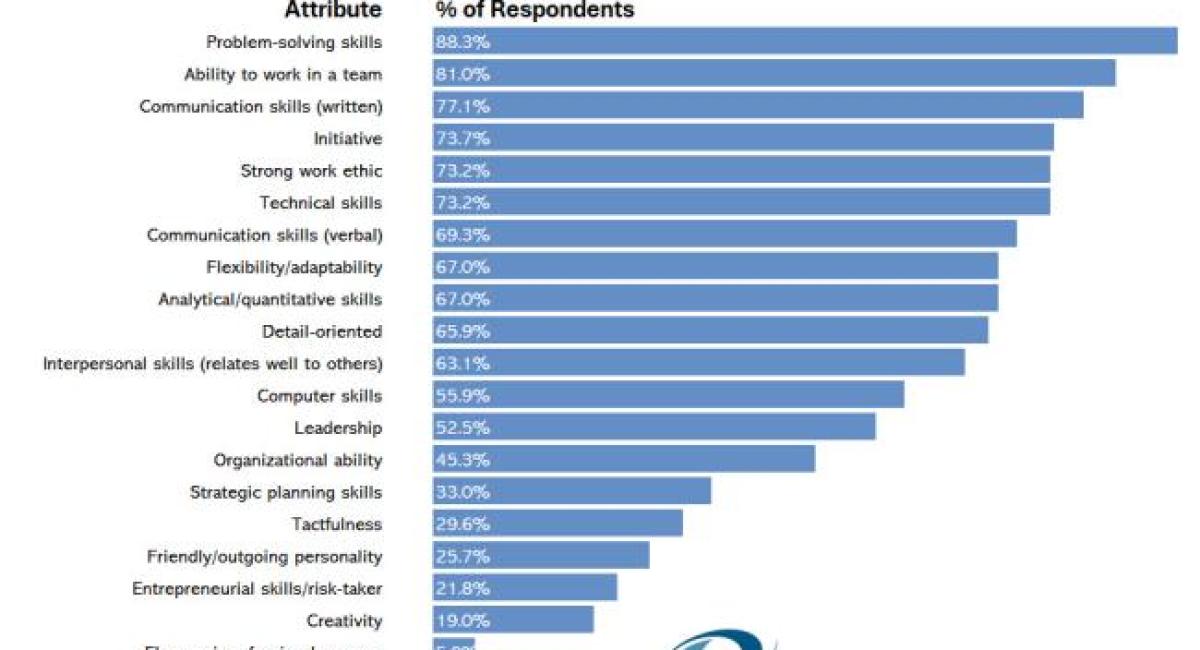As scientists, we are familiar with giving talks. We can give a meeting talk of ten minutes, a group meeting for 30 minutes or a department seminar of an hour. We make our slides, we prepare notes, we practice and then we stand before our audience and present our work. This process is not that much different than talking about yourself, but the data changes to: Who are you? What do you do? What are your research interests? What are your career interests? Now the trick is, can you do it effectively in 30 seconds? What about two minutes? Now, can you expand it enough to fill 10 minutes?
Making Connections at A Scientific Meeting or Conference
If you have been following our career development calendar on the blog, you know April is the time to plan your 2012 meeting or conference attendance. If you are relatively new to this experience you should watch our web tutorial on attending a scientific meeting. Whether this is your first or fiftieth conference you probably are
Using Your Networking Map
If you have been following the blog calendar, you have been thinking about your career, and maybe have even met with a career counselor. That means (hopefully) that you have a few ideas about career options, and some questions that an informational interview might help you answer. Now that you have filled in your networking map, it is time to ask those you know if they know anyone you could talk with.

Creating your networking map
For your 2012 Career Plan, the March topic is to work on your career network. In the past alumni spotlights, 9 of 10 have mentioned networking as a key component of getting their jobs. You know that this is an important part of your professional skills, but the task often seems daunting.
Understanding who you know and how they can connect you to who they know is a bit like a treasure hunt. Think of your map as a set of concentric circles.
Scientific Seminars and Your Career
You know seminars are important, but honestly when is the last time you went? We know the excuses on why attendance is not a priority. There are only so many hours to get so many experiments done, and the seminar room is all the way of the other side of campus (and it is raining/sunny/cold/hot), there are no free cookies, it is not a topic you are interested in, etc.
Here are some reasons on why attending seminars is key to your career success, both for now and in the future:
Helpful Tips to Managing Stress and Anxiety In Interviews
Interviews are often essential stepping-stones to the next career stage. You know you are qualified, yet you may worry that you will be too nervous to perform well enough to get the position. If even the thought of the interview makes your palms sweaty and your heart race, believe it or not, that’s normal. According to some estimates, as many as 40 million Americans suffer from situational anxiety.
Top 7 Reasons That You Should Visit A Career Counselor
In the beginning of January, we posted a calendar with monthly steps to move your career forward. The February task was to meet with a career counselor. Here at OITE, we have two career counselors on staff. Anne and Elaine were kind enough to introduce themselves on the blog a couple of years ago. What makes them
The Branching Career Pipeline: What, You Mean I Have Options?
New data about career paths for biomedical PhDs has been published by a group led by Cynthia Fuhrmann and Bill Lindstaedt from the University of California, San Francisco (essay in CBE-Life Sciences Education). They report data they have collected from graduate students in biomedical PhD programs at their school career centers. The statistic that jumps off the page is that 71.2% of all graduate students polled were “strongly considering” a career that was outside of scientific research. The non-scientific research careers were broad ranging (business of science, science policy, education-related, writing, etc.).
Discussing Your Career with Your PI
From the Archive: original post from Jan, 2012
Many trainees find having a conversation with their PI scary. Discussing your career path and next steps? Even scarier! You may be unsure that you have enough data to actually say this is the year that you will move on. If you are going to be a PI you may not be sure if will be able to take part of your project with you. Perhaps you do not know what reaction you will get if you say you want to take a different career path than staying in academic research. All of these factors can persuade you just to not have the conversation at all.
Regifting! Giving You the Best Job Search Advice We Ever Received
It is the holiday season and we here at OITE are in a giving mood! To show our appreciation to our readers, we have compiled some of the best job search advice we have been given. We have wrapped them up neatly below and are regifting them to you! Yes, we are proud regifters! So, grab your holiday drink of choice (unless you are in the lab…no food or drink allowed), settle down in a cozy chair (or lab stool) and prepare to unwrap your gifts from us this holiday season! Enjoy and see you in 2012!
Your job search begins before you start looking for a job:




